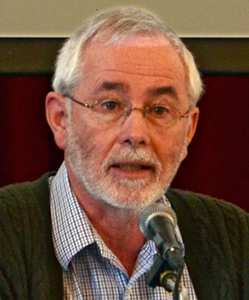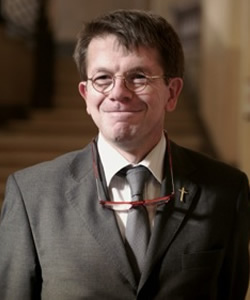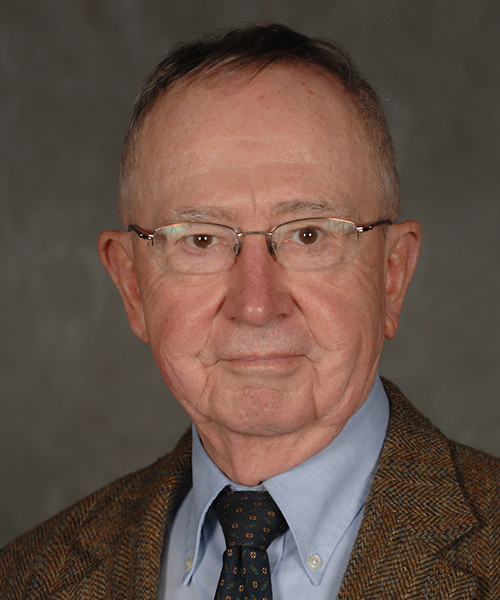The Jesuits and Globalization: Historical and Contemporary Perspectives
December 12, 2014
3:00 p.m. - 7:00 p.m. EST
Location:
Gregorian University, Piazza della Pilotta 4, Rome
Since its inception in the mid-sixteenth century, the Society of Jesus has been closely connected with processes of globalization. During the early modern era, following the Iberian colonial expansion, Jesuits became pioneer globalizers by founding missions and educational institutions all over the globe. Since the Second Vatican Council (1962-1965), the Society of Jesus has renewed its global commitment in a new idiom, emphasizing the promotion of justice and the universal common good, alongside the service of the faith. Today, in an era of accelerating globalization, Jesuits are following the lead of Pope Francis, one of their own, in exploring new ways to spread the Gospel, accompany the poor and excluded, promote education, and to shift from what Francis calls a “globalization of indifference” to a “globalization of fraternity.”
How have the Jesuits influenced globalization over time? And how has globalization, in turn, shaped the Society of Jesus? Georgetown University and Gregorian University convened leading scholars in Rome to address these questions, 200 years after the reestablishment of the Jesuit Order in 1814. The conference was the culmination of Georgetown’s Jesuits and Globalization Project, which convened three previous symposia, in Washington, DC, Oxford, and Florence.
related | The Jesuits and Globalization Project brochure
SCHEDULE
Welcoming Remarks | President John J. DeGioia, Fr. François-Xavier Dumortier, S.J., Fr. Arturo Sosa, S.J.
The Jesuits and Globalization: Historical Perspectives | José Casanova, John McGreevy, John O'Malley, S.J., Sabina Pavone, Norman Tanner, S.J., Antoni Ucerler, S.J.
The Jesuits and Globalization: Contemporary Perspectives | Peter Balleis, S.J., Thomas Banchoff, James Corkery, S.J., Don Rocco D’Ambrosio, David Hollenbach, S.J.
Discover similar content through these related topics and regions.
Image Gallery
Image Gallery
/1

The Jesuits and Globalization: Historical and Contemporary Perspectives










